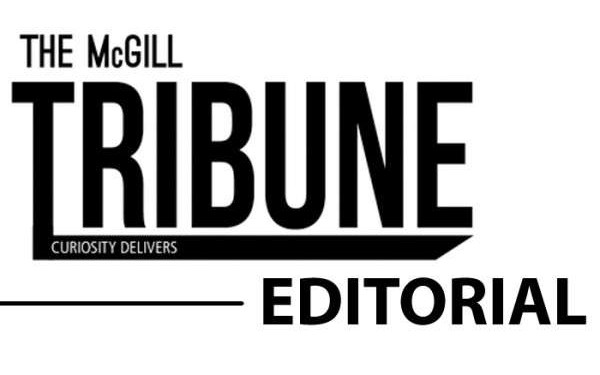The Quebec government has had a bilateral agreement with the French government since 1978 to provide discounted tuition for students studying at the other country’s universities.
Students holding a French passport or other proof of French citizenship can pay the Quebec tuition rate, which is substantially less than standard international tuition as rates for students from the rest of Canada. However, recent trial balloons from the ruling Liberal government have put this agreement on the table for modification. McGill and several other universities in the province have submitted a plan that would allow for flexibility in the application of the policy. The plan, if enacted, will enable universities to adjust French tuition between the current rate and the average fee paid by students from other Canadian provinces.
The need to find new sources of revenue—if not already clear after the past few years—has been reinforced by the news that McGill is receiving yet another budget cut from the province this year, to the tune of $19 million. This has coincided with continued retrenchment at McGill in terms of courses, research assistants, and even library entrances. The potential to bridge that gap is one that should be taken. The extra revenue generated will not be able to replenish the budget, but short of a major infusion of provincial or federal funds, it is one of the best opportunities at the present time. Additionally, McGill’s middling performance in the university rankings this year—either dropping or staying roughly the same in each of the major global lists—is another call to action. With all the justified handwringing over the importance placed on these rankings, a consistent downward trend in rankings over several years can be interpreted as a real matter for concern.
The symbolic value of the current policy is clear and important. A bilateral tie to France is a major part of Quebec’s broader identity as the heart of francophone culture in North America, as well as the ability of Quebec students to study in France. That value will be preserved under this new proposal; the highest tuition that could be charged to French students after this proposed change would still be lower than the standard international rate. Furthermore, there are some serious issues with the equity of the current policy. While students with French citizenship documentation are automatically given the lowered tuition—even in situations that would seem to run counter to the policy’s purpose—students from other countries with a comparable francophone heritage are subject to a substantially more laborious application process through their own country’s embassy. Former French colonies or other francophone nations in Europe have a limited number of slots per year per country for students who will receive the lowered rate. Whatever happens to the actual rate charged, this disparity should be adjusted.
But in the end, even this situation should be taken as means to a more productive end by changing the conversation on university funding in Quebec and in Canada as a whole. Even though Canada’s universities are well funded at the national aggregate level, those competing globally, are underfunded compared to their peers. If McGill wants to keep it’s position on the global stage, it will have to figure out further ways to increase revenue.










I don’t think raising the tuition for France citizen will actually raise that much money. In fact, by raising the tuition McGill will lose existing students as well as future applicant. These students help the local economy and pay the inflated housing and dining expenses, plus spend money in Montreal.
Pingback: Bump up the tuition of students from France: McGill | Montreal Gazette
http://montrealgazette.com/news/quebec/french-presient-francois-hollande-visits-quebec-and-montreal